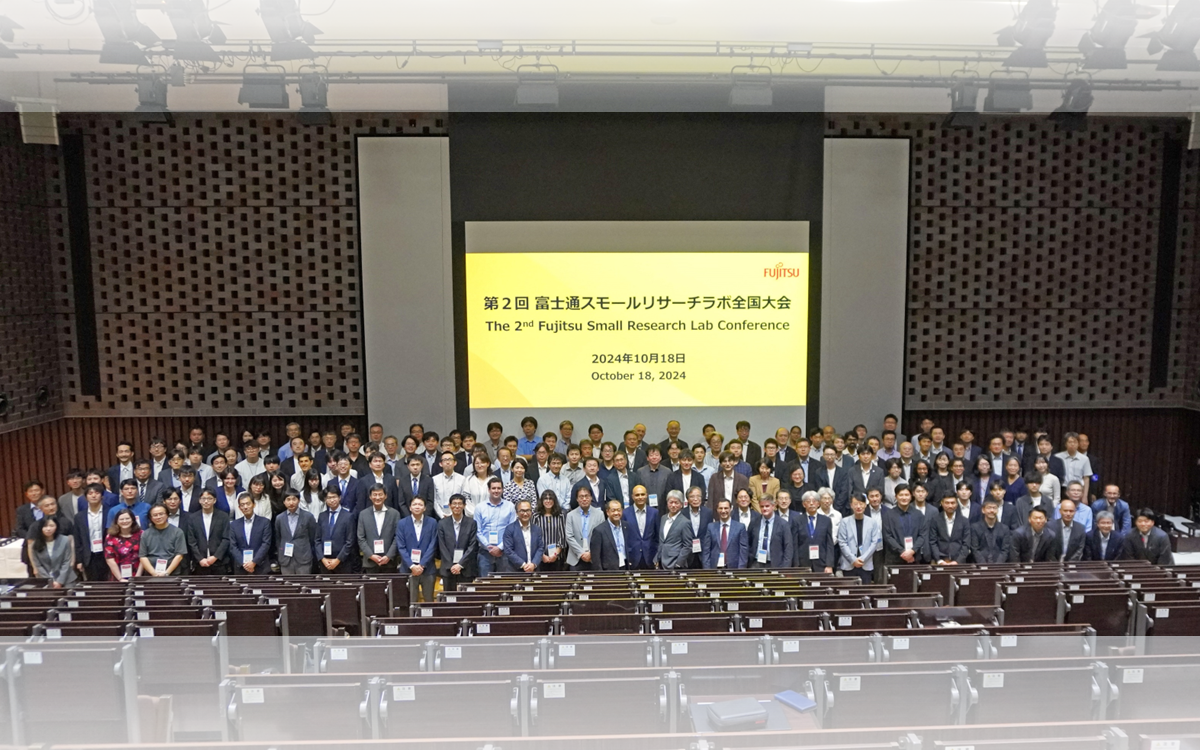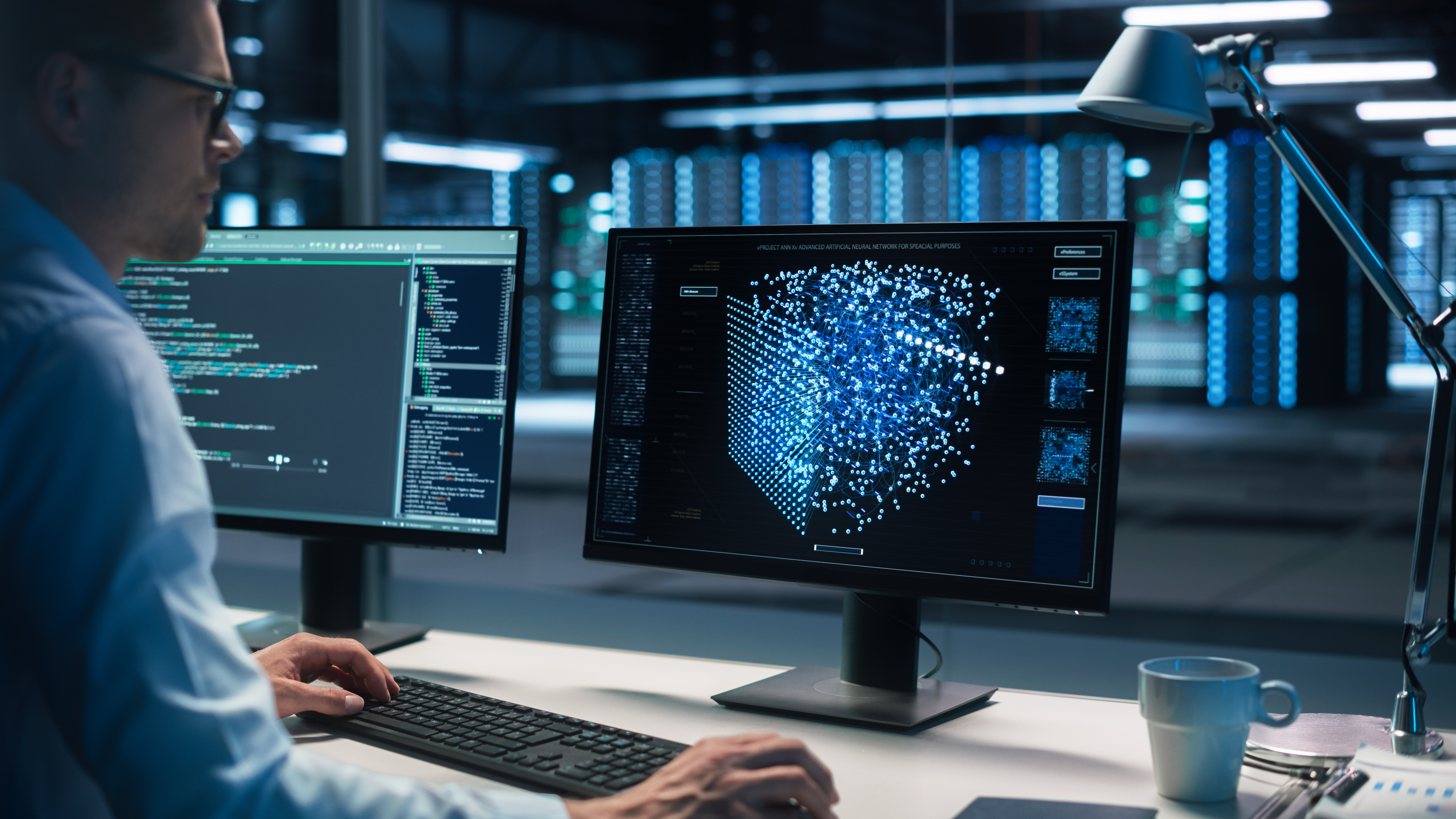Exploring the role of emerging innovations in Sustainability Transformation
Fujitsu / October 31, 2022
At Fujitsu ActivateNow 2022, the technology behind Sustainability Transformation took center stage during an informative session led by Fujitsu CTO Vivek Mahajan.
He spent the first part of his presentation laying out Fujitsu’s technology vision and the transformational technologies(*) that will shape the future. He was then joined by three Fujitsu technology experts from around the world – Ellen Devereux who is a quantum computing consultant in London UK, Dr. Femi Adeyemi who leads the Wireless Business Unit in Dallas US, and Dr. Seishi Okamoto who is a Fellow of Fujitsu in Tokyo, Japan – all keen to share how their focus area are contributing to a brighter future in tangible ways.
From AI to quantum computing to high performance networks, here are some highlights from this session and insight into how digital innovation will transform businesses and society.
Digital innovation in five key technologies – what’s happening now
In last year’s edition of the Fujitsu Technology & Service Vision, Fujitsu announced its focus on five technologies: Computing, network, AI, data and security, and converging technologies.
Vivek Mahajan opened his ActivateNow session with an overview on what has already been achieved in these five areas.
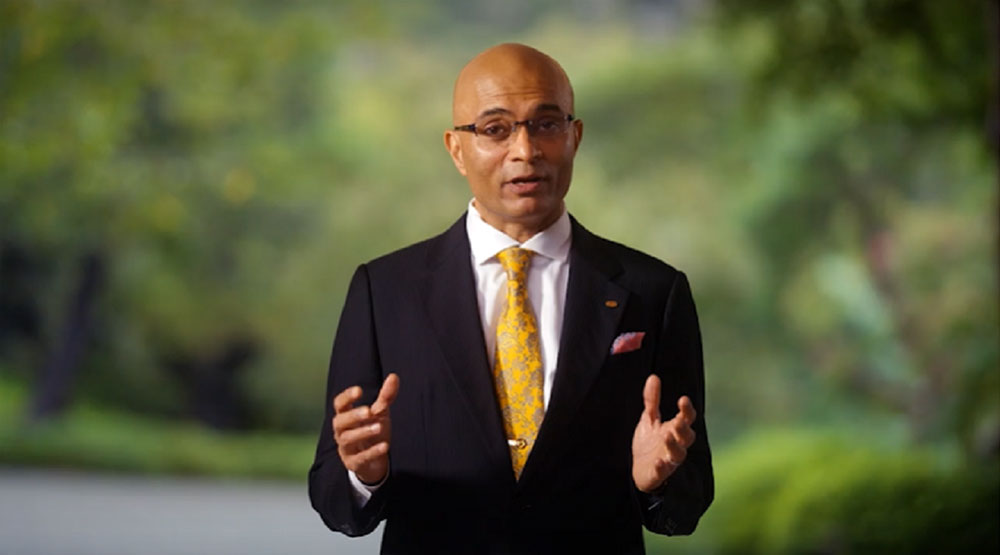
Vivek Mahajan, CTO, Fujitsu
“Let’s start with computing. As the name suggests, this is the core technology of Computing as a Service, or CaaS, which we’ll be releasing in October. CaaS makes it easy for any customer to use Fujitsu's advanced computing technologies, such as Digital Annealer, HPC and quantum computers.”
“This spring, we announced our 36-qubit quantum simulator, which we have now successfully expanded to 39 qubits.
In addition, we’re developing FUJITSU Computing Workload Broker technology, which enables the use of both existing HPC technology and next-generation quantum computing technology in a single framework. This allows our customers to optimize their computing architecture through the automatic designation of quantum and existing computing resources.

Fig. 1: Fujitsu’s 5 Key Technologies
We’re collaborating with RIKEN to develop the first Japanese quantum computer and provide it to private organizations. And we’re now accelerating our R&D to achieve 1,000 qubits or more in 2026.In the development of Fujitsu MONAKA, a power-saving CPU that plays an important role in CaaS, we use the world's most advanced 2nm process and combine it with AI technology to accelerate a wide variety of data analysis and its application to a wide range of fields”.
What is the future of computing?
Ellen Devereux, quantum computing consultant in London, gave us a closer look at what’s on the horizon in computing.
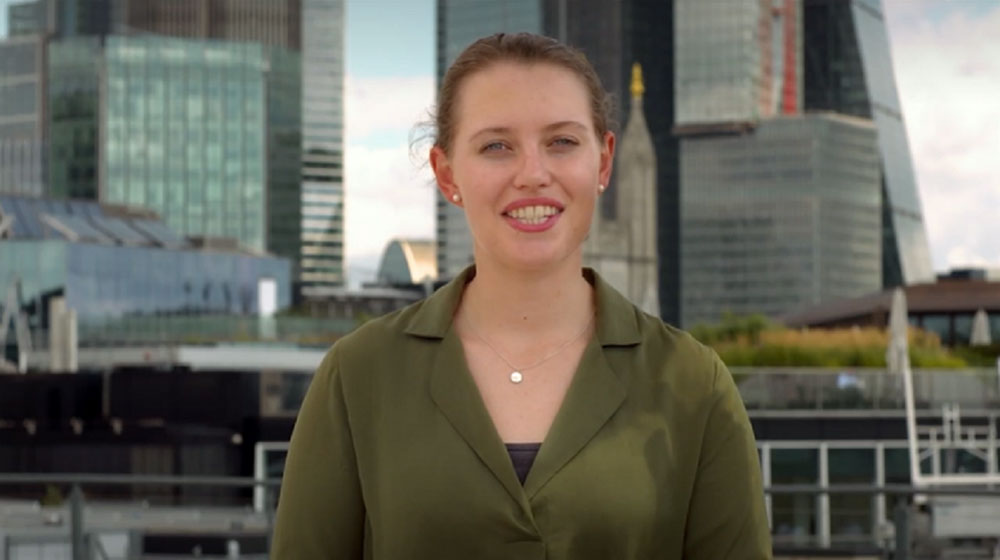
Ellen Devereux, Quantum Computing Consultant, Fujitsu
“Computing is ubiquitous globally.
It's applied to so many use cases because it allows the processing of data at scale and at speed, which allows us humans to get on with the innovative problem solving with that data.
The future of computing is hybrid. The true power of compute will only be unlocked when we combine current capabilities with future technologies such as AI, machine learning, our bridging technology, the Digital Annealer, the quantum simulator newly announced with 39 qubits, and finally, true quantum compute, coming to market next year and in the years to come.”
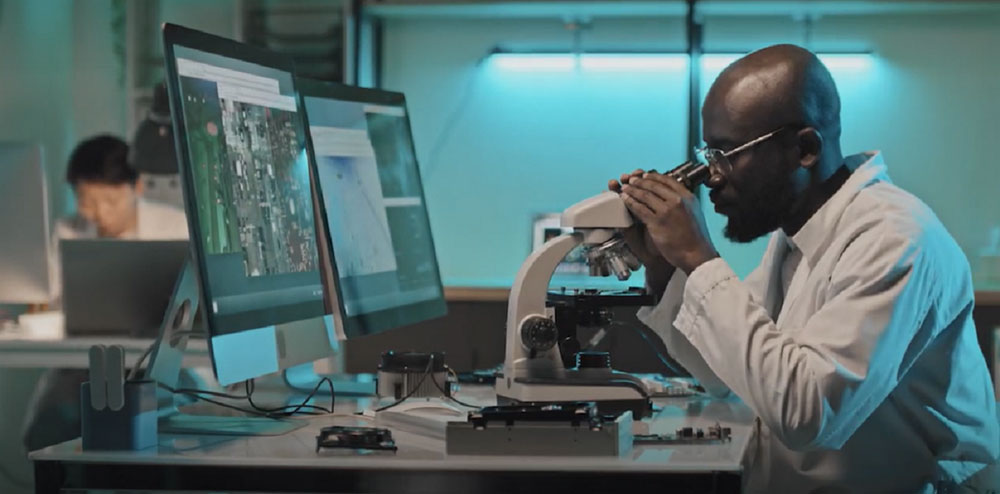
“Whilst conventional compute continues to grow massively, it's growing in a linear fashion, and we're going to require a paradigm shift to solve those exponentially large problems such as sustainable manufacturing or carbon capture technologies.
That exponential capability is going to come with quantum computing, which will allow us to solve problems that are currently intractable. And these technologies are already making a difference globally, from optimizing small molecule drug discovery across several pharmaceuticals to improving traffic flow across major cities, and beyond that, improving space debris removal missions, which is leading to faster missions using up to 18% less fuel.”
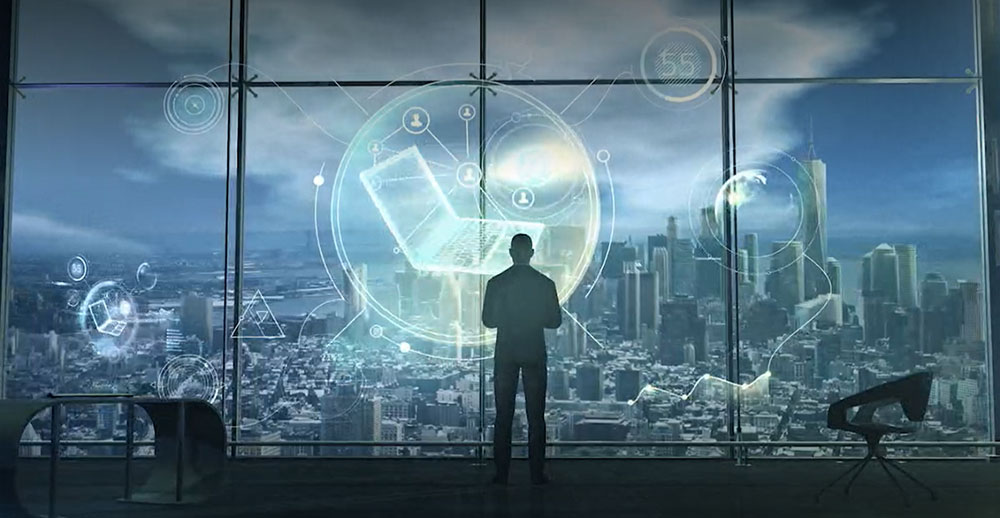
“Fujitsu continues to be world leading. Until recently, our HPC was the world's largest, and our quantum-inspired Digital Annealer technology is still the best at solving those very hard combinatorial optimization problems.
And finally, we're bringing quantum computers to market next year, which is really exciting”.
> Watch case studies from Ellen Devereux, exclusive on Fujitsu ActivateNow 2022 on-demand
Click your region from Central Europe, North & West Europe, Americas, or Oceania
More communication networks, less energy
To process data in real time, and in the huge quantities the future will demand, we need advanced networks… but a sustainable future means using less power.
We’re integrating AI into networks and developing base station software and a Service Management and Orchestration platform that to enables power saving control through multi-agent reinforcement learning. In other words, networks that learn how to use less energy.
Dr. Femi Adeyemi, head of the Wireless Business Unit in Dallas Texas, shares about network technology and developments in this field.
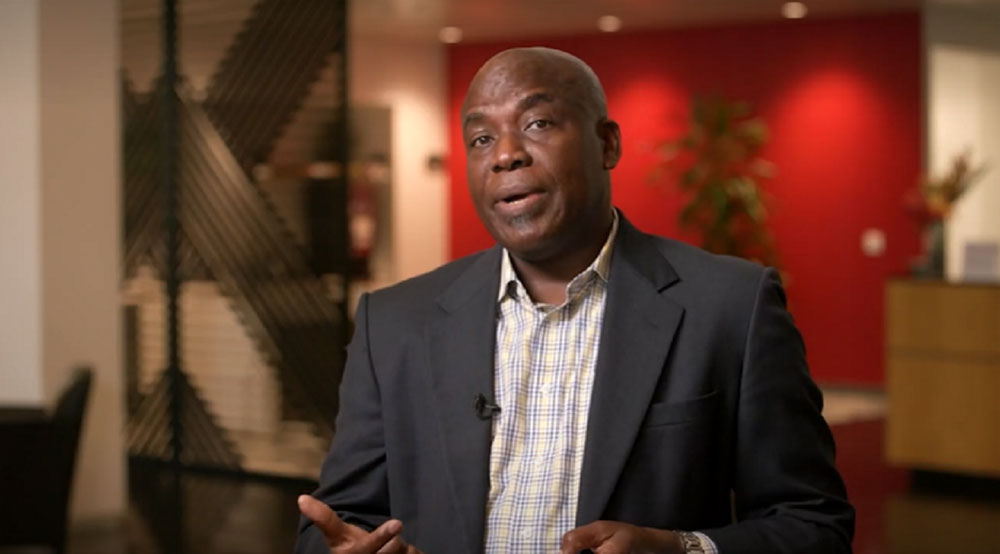
Dr. Femi Adeyemi, Head of Wireless Business Unit, Fujitsu Network Communications
“Digital transformation means taking a whole-organization view and reinventing ways for people, data, systems, and processes to come together and create new value. Open, software-defined, virtualized technologies are driving how networks are built, operated, and maintained. With technologies like open RAN, open-line systems, or open-source software, communications networks promise to drive long-term innovation, improve supply chain security, and enable a whole range of new services that are not possible today.
Cloud-native software, often combined with targeted equipment replacements, is bringing in new levels of programmability and performance.”
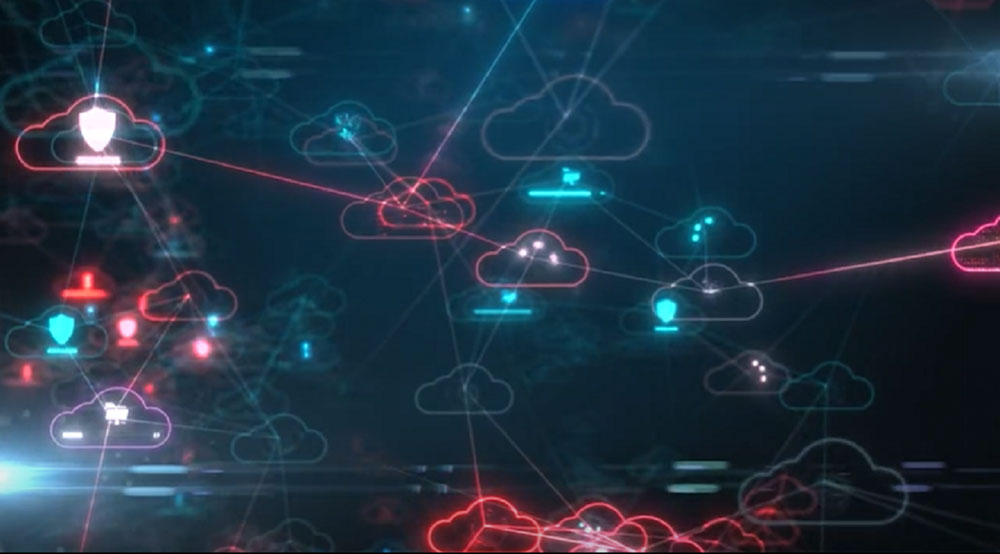
“Much of what makes Fujitsu technology unique is how we apply our expertise. With communications networks, we are applying our digital transformation expertise, to fulfil the potential of open networking and advanced software technologies like AI and ML for network operators around the world.
Sustainability is top of mind for Fujitsu, and we’re prioritizing it in our network products and solutions. Our technology helps network operators reduce the amount of equipment they need, cut down their power consumption, and support carbon neutrality.
With RAN virtualization solution, we aim to reduce CO2 emissions associated with radio access technology by about 50%, by 2025.”

“Technologies like multiband radios, high-efficiency amplifier technology, dynamic resource allocation, and zero-power standby are just a few examples of how we are making communications networks more efficient and therefore more sustainable”.
> Watch case studies from Dr. Femi Adeyemi, exclusive on Fujitsu ActivateNow 2022 on-demand
Click your region from Central Europe, North & West Europe, Americas, or Oceania
Where AI is headed
Another core technology powering innovation is AI.
For research on next-generation AI, collaboration with partners help investigate future application areas that maximize AI’s potential.
Dr. Seishi Okamoto, Fellow of Fujitsu from Tokyo, Japan, elaborates on how collaboration is key for the future of AI.
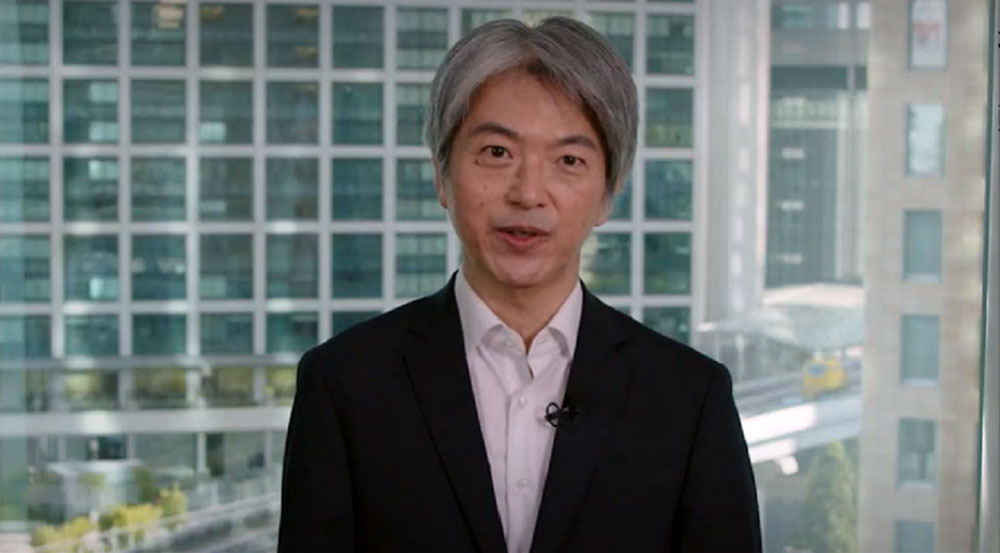
Dr. Seishi Okamoto, Fellow, Fujitsu
“Over the past three years, Fujitsu has delivered over 6,000 AI projects for our customers globally. We are optimizing the consumer experience in retail stores with our ’human sensing‘ technology. We are improving patient health and wellbeing by developing new cancer treatments with ‘explainable AI.’ We are leveraging High Performance Computing and AI to reduce carbon emissions.
Fujitsu is also actively committed to AI security and AI ethics to minimize the risks of the technology. In the future, AI will open up many opportunities for automation and allow us to make huge improvements in efficiency. It has the potential to help us expand people's abilities and broaden their experiences.”
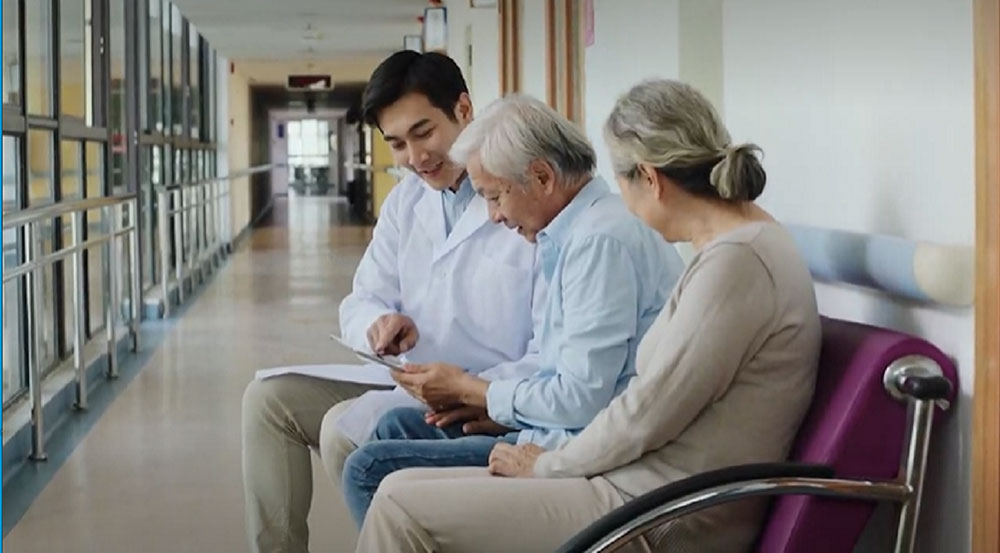
“By advancing these technology developments, Fujitsu is expanding the exciting possibilities for accelerating the collaboration between AI and society to achieve a sustainable world.”.
> Watch case studies from Dr. Seishi Okamoto, exclusive on Fujitsu ActivateNow 2022 on-demand
Click your region from Central Europe, North & West Europe, Americas, or Oceania
Technology for a sustainable future
Data and Security is an essential technology for distributing trusted data and creating value across industry and society.
Vivek concludes, “We’re developing in various areas of data security research such as blockchain, biometrics, and AI cybersecurity. And we’re also expanding our research capability by establishing a new research base at Ben-Gurion University in Israel.
Moving into the metaverse, we’ve launched a joint project with JCB and JP GAMES to provide enhanced security in the distribution and sale of digital data. And finally, combining cutting-edge digital technologies with knowledge from the humanities and social sciences to create new value for transformation in business and society.
We call this converging technologies.”

“With our partners, we’re continuing to develop Fujitsu's unique Social Digital Twin technology. It enables us to simulate the movement of people and society as a whole and to evaluate the effect of movement in advance. In the United States, we’ve started joint research with Carnegie Mellon University, and in Europe we’re introducing proof of concepts in London and other major cities. In Japan, we’re continuing to work with Kawasaki City, using this technology to bring about a sustainable future city.
Computing, network, AI, data & security, converging technologies.
These are the beating heart of our digital innovation to drive sustainability transformation”.
> Watch the full session now at Fujitsu ActivateNow 2022 on-demand
Click your region from Central Europe, North & West Europe, Americas, or Oceania
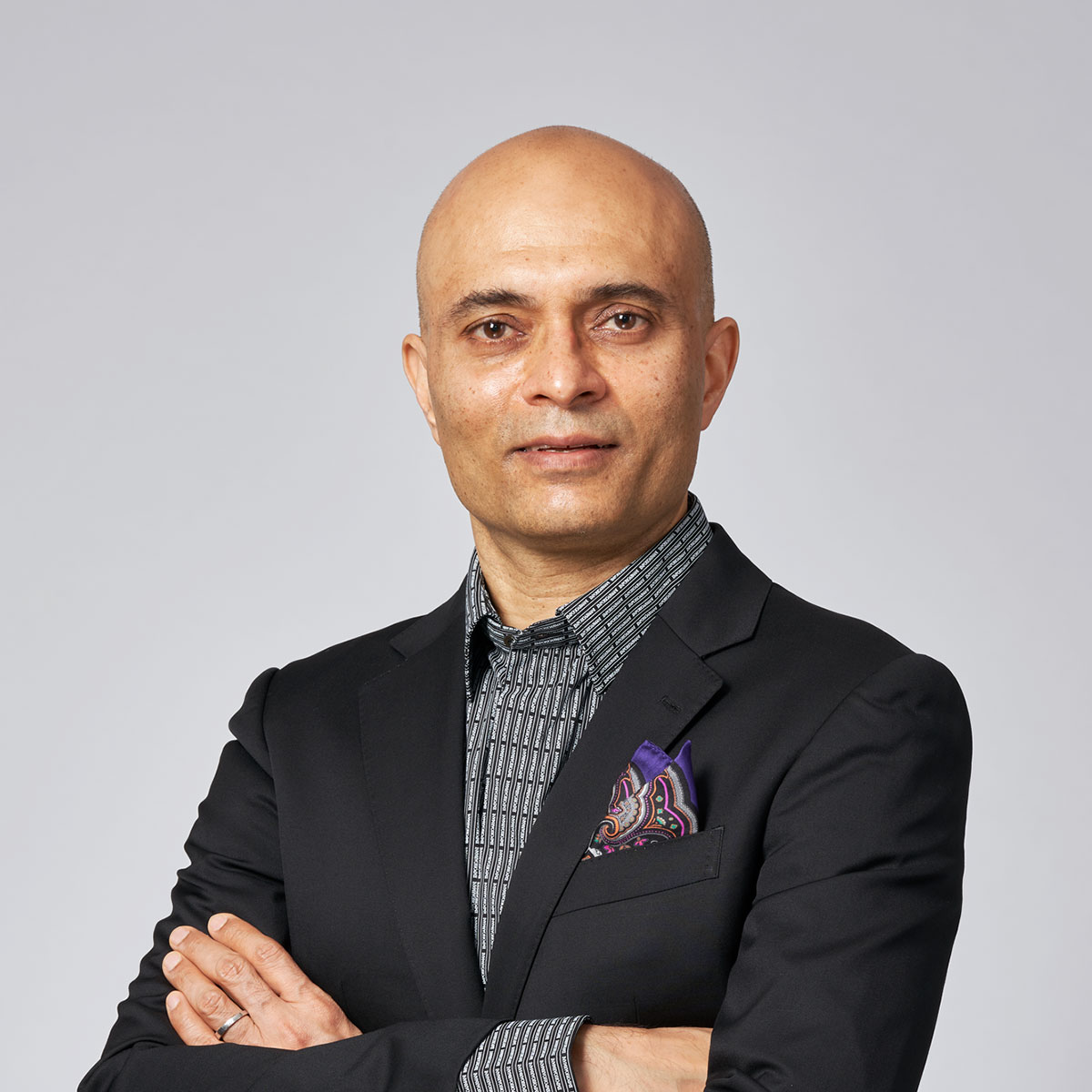

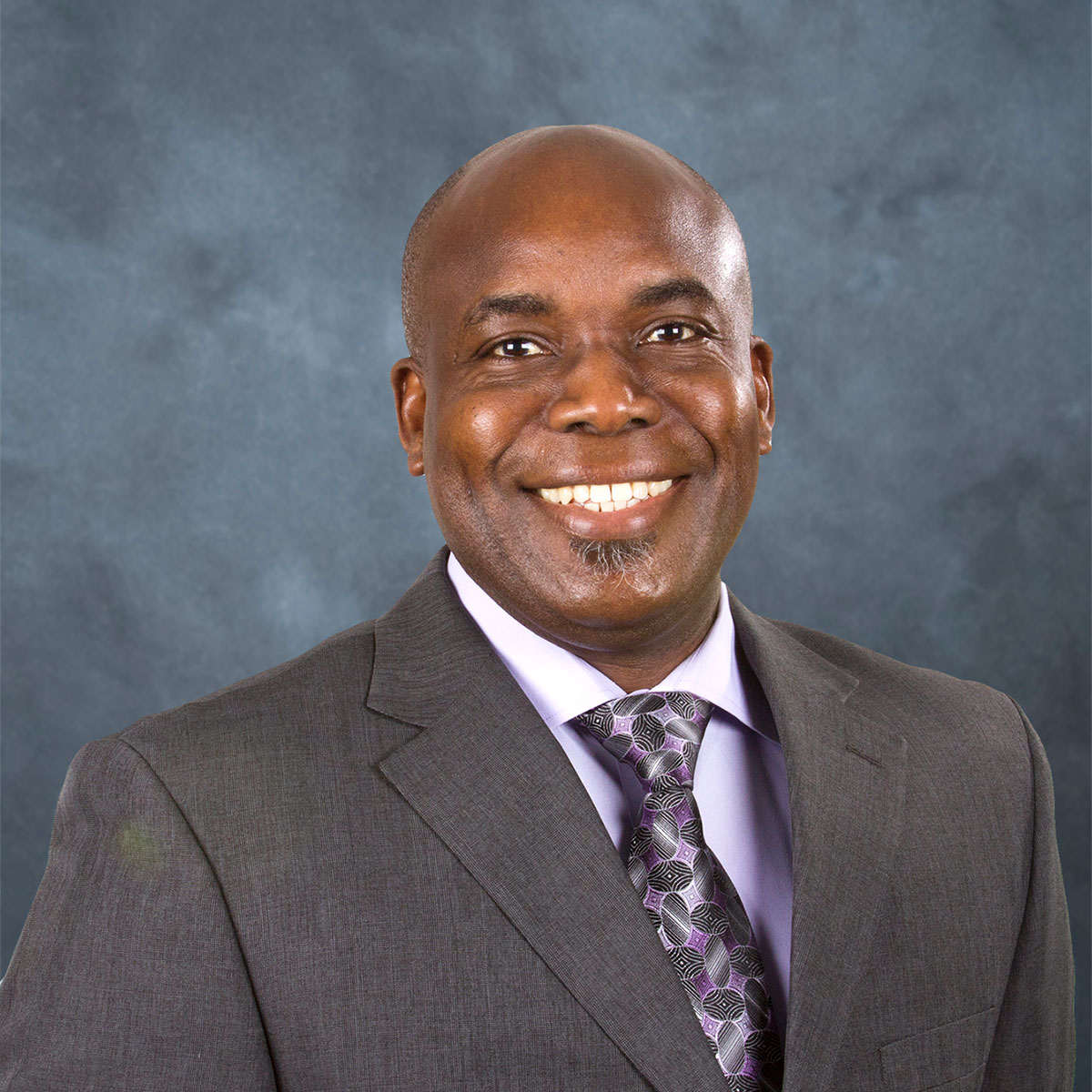
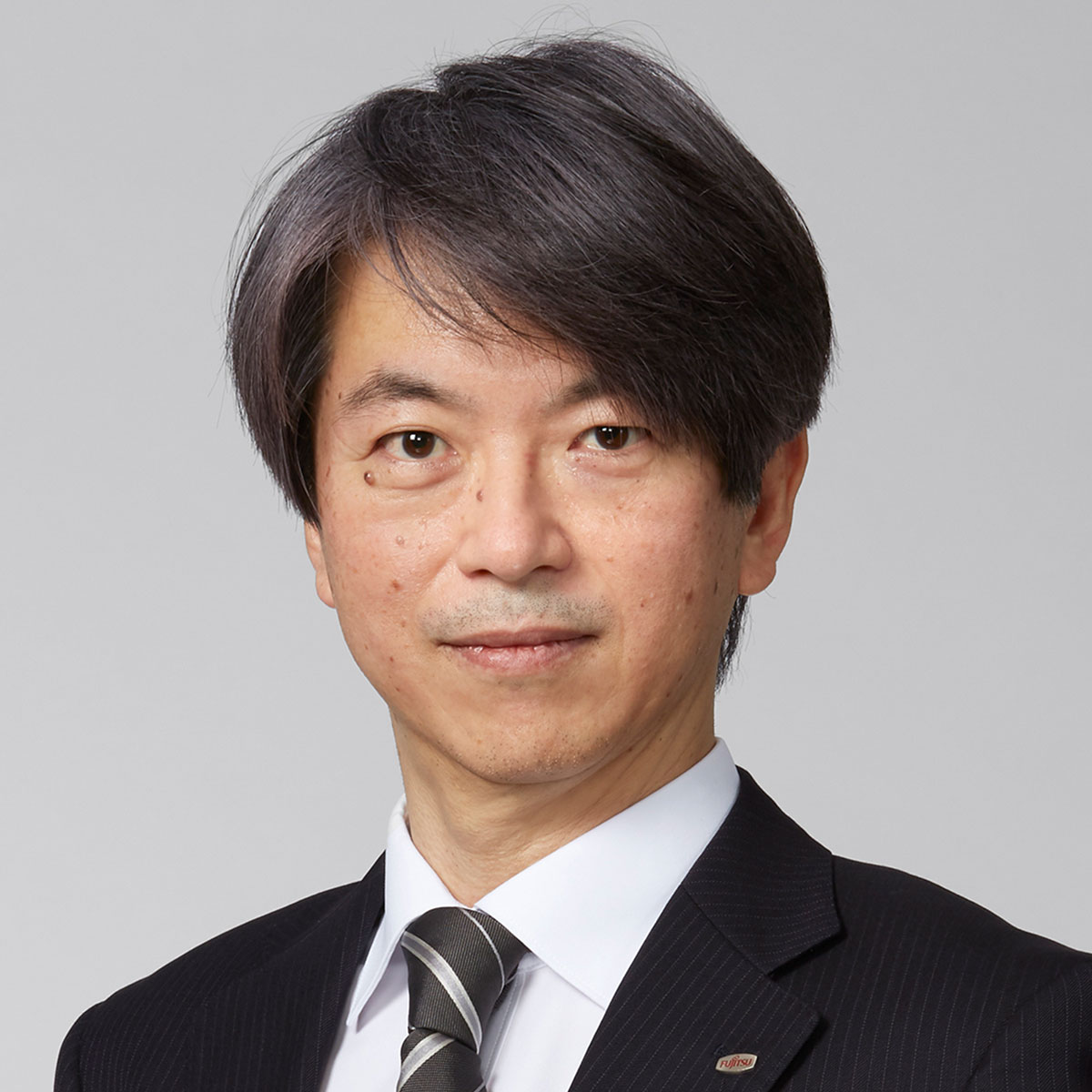
Editor's Picks










